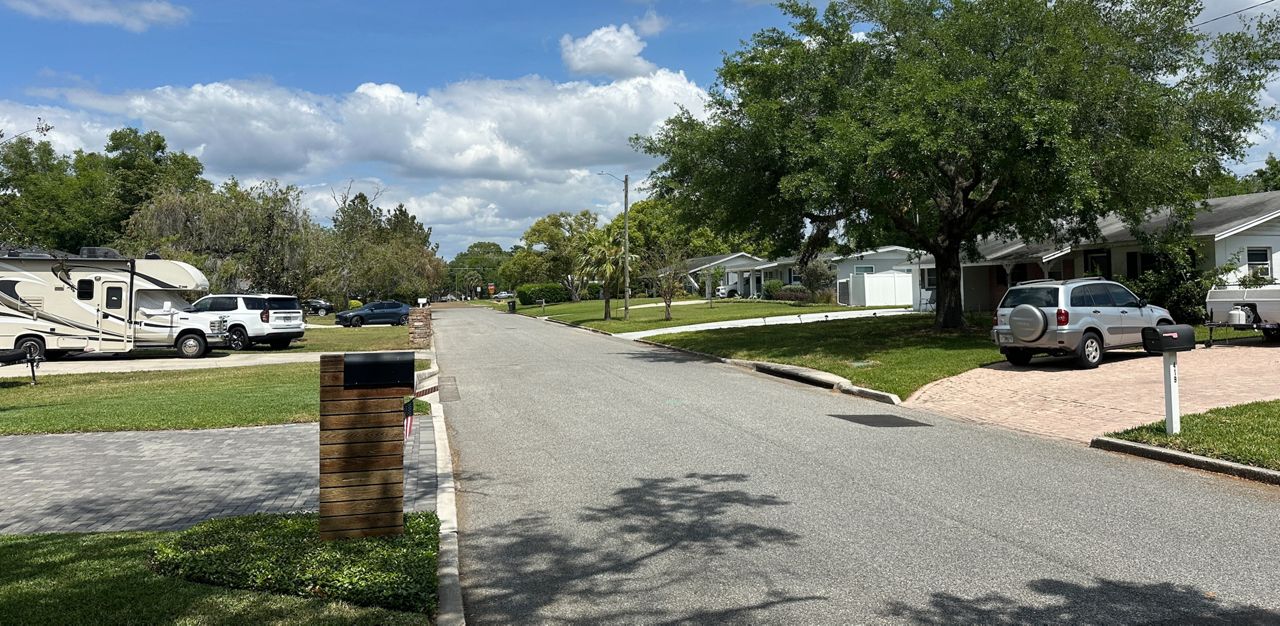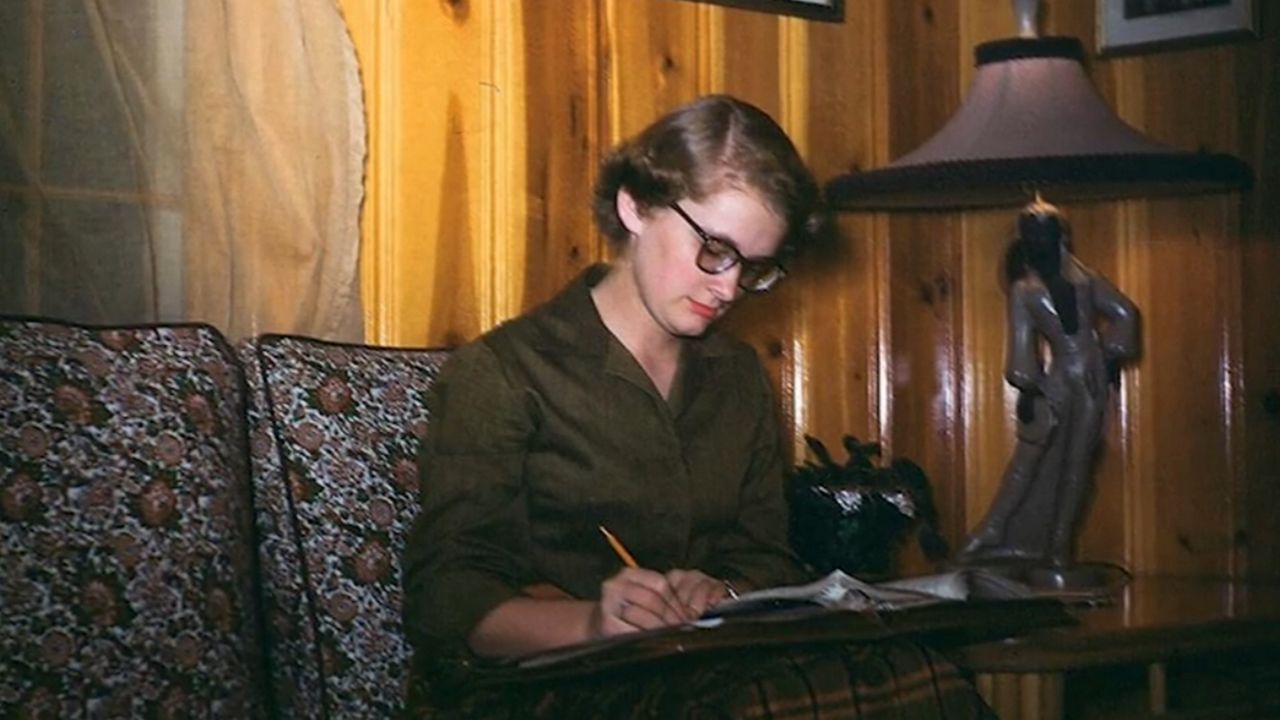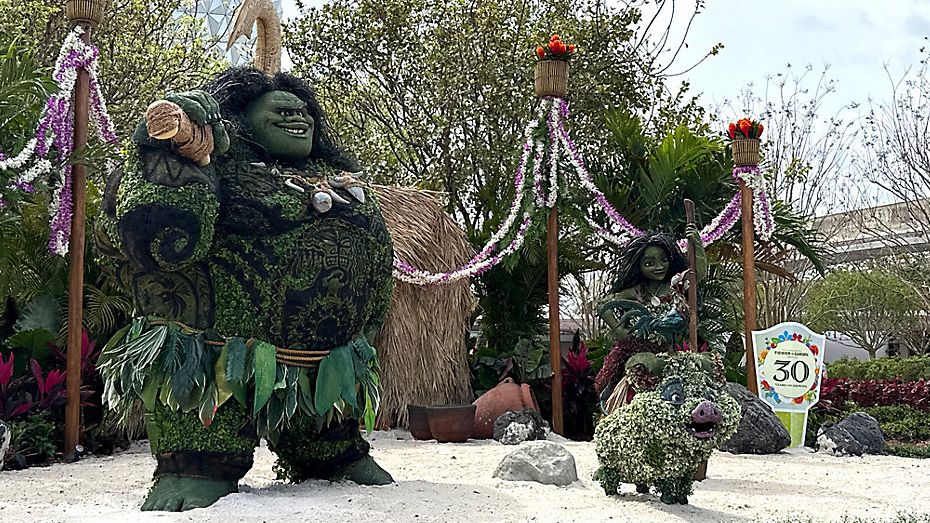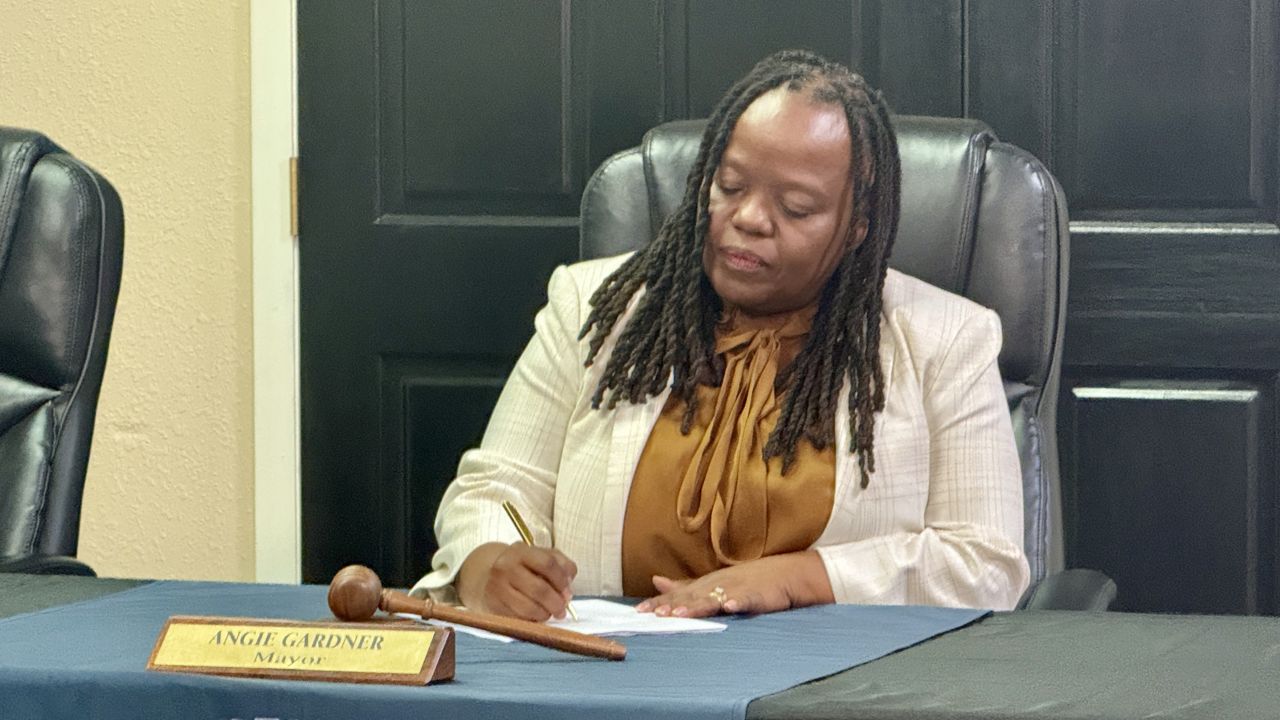ORLANDO, Fla — On the heels of violence over the last two years, a new proposal by the Orlando City Council hopes to boost safety in downtown Orlando. But it would require bars to make significant investments, which many worry are untenable.
What You Need To Know
- The city of Orlando is taking steps to make downtown safer
- Local bars will have to make many changes under proposed rules
- The proposal would instate a six-month, temporary moratorium on new nightclubs in the district
“These costs will put venues out of business. It’s not an absorbable cost for these bars and nightclubs to take on,” said Monica McCown, the vice president of Orlando Hospitality Alliance.
McCown consults for over 250 restaurants, bars and food trucks across Central Florida, and added that most of the violence, like the shooting that happened at Wall Street Plaza last July and injured seven, takes place outside such venues.
The proposal would instate a six-month, temporary moratorium on new nightclubs in the district, which is bounded to the north by Colonial Drive, State Road 408 to the south, and sandwiched between I-4 and Rosalind Avenue.
Per our partners at the Orlando Sentinel, the proposal would affect around 90 operators.
According to the city, the pause on new nightclubs would give it time to study the mix of downtown businesses and make recommendations.
The proposal also stipulates that bars would need to obtain a special permit to serve alcohol after midnight though 2 a.m., and require that they beef up security with enhancements like the hiring of off-duty officers or the installation of weapons detection systems.
“It’s a shifting of structure, yes there are costs ... but in a different manner. A lot [of venues] are already working with the police department,” explained David Barilla, with the Downtown Development Board.
Barilla explained that the city based the plan upon others in places such as Sacramento and St. Petersburg -- and is the next step after continual, “active conversations about enhancing safety.”
On Tuesday, Orlando leaders sat down with stakeholders and venues regarding the proposal. Next, it will be read during Monday’s upcoming City Council meeting, before a second reading on February 6th.
If approved, the moratorium would go into effect immediately, while after-hours permits would be required starting in May.









